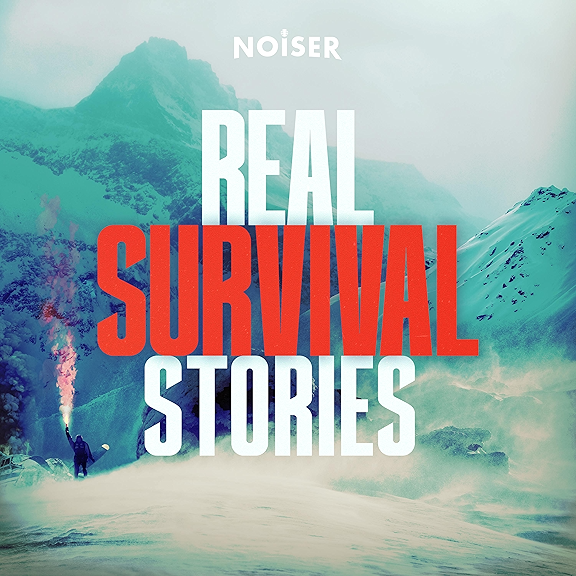
Episode 11: 'A partial derivative of history' - The Personal and the Political in 19th-Century Mzansi
Over the last nine episodes we have been joined by a variation of disciplinary experts who have taken us through a length of time through which it would be impossible for us to travel if we were to try to repeat exercise physically. We now know that there is more deep time than we have been able to explore about the people who have come before us, in their entirety.
But perhaps the point of our exercise was, from the point of view of this podcast, to suggest to the non-specialist listener that there is more to South African history than what meets the eye, that there remains buried a lot of details about our which we alongside professional are at pains to recover.
Today we want to do something unique in that I would like for us to go back to the path we have walked and ask ourselves this simple question: given that all these big political movements were occurring, how did these events present themselves to anonymous individuals and how they understood their place in world. Of course to do this we would require the confessions of all the individuals involved, something that we now know is not always possible with histories of the world, especially South African history.
The key questions, then, I suppose would have to be modified to fit this piece of knowledge: for the periods in the record where historical knowledge of the social situation deepens, how did anonymous individuals see themselves and what they were about, and, how did these ways of seeing themselves change as the century wen along; what led to these transformations?
To help us unpack all these questions we are joined by Paul Landau.
Paul is a full professor in history at the University of Maryland in the United States, and a Fellow of the History Centre of the University of Johannesburg and is now a Senior Research Fellow at the University of Leipzig. He is an historian known for writing about Africa by paying close attention to what African people in the past thought and felt. He studied Zulu and Setswana with Daniel Kunene and other teachers, and his first two books (the only ones he has published) were, The Realm of the Word: Language, Gender, and Christianity in a Southern African Kingdom (1995), about Khama III's kingdom in today's Botswana, and Popular Politics in the History of South Africa, 1400 to 1948 (2010), which were both short-listed for the Herskovits Prize for best work in African Studies for the years they were published.
He contributed the final chapter to the Cambridge History of South Africa, Vol. 1, "Transformations in Consciousness." He has published several peer-reviewed articles on 19th century history, medical missionaries, language and translation, African appropriations of Christianity, and African political traditions in South Africa. He has co-edited a book on pictures and images as interfaces in colonial contact, Images and Empires (2002). In the last decade, he has focused on 20th century history, and written about the African National Congress and the move toward violent insurgency in revolution; he is a contributor to the forthcoming work, Reconsidering Mandela, edited by Colin Bundy and William Beinart. His forthcoming book, under contract with Jacana Press and the University of Ohio's New African History series is called Mandela and the Revolutionaries: Spear (2021), a history of three critical years in South Africa, 1960-63.




















